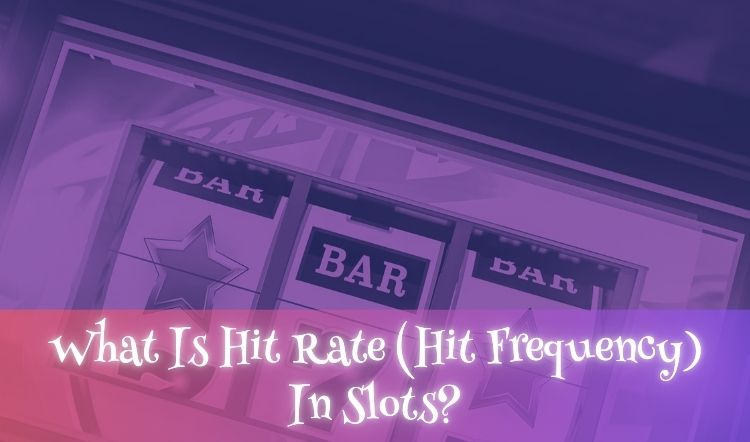
What Is Hit Rate (Hit Frequency) In Slots?
If you play online slots, understanding a few key concepts can help you make sense of how the games work—and one of the most important is the hit rate. But what exactly does it mean?
In this blog post, we’ll explain what hit rate is, how it’s calculated, and how it might affect your gameplay. We’ll also compare it with RTP (Return To Player), giving you a clearer idea of how these two metrics interact.
Read on to learn more.
What Is a Slots Hit Rate?
A slot’s hit rate, sometimes called hit frequency, hints at how often a game might produce a winning combination compared with non-winning spins. For example, a slot with a higher hit rate might result in wins appearing more regularly, though the actual potential payouts may vary.
It’s important to remember that this is only a guide: each spin is entirely random. A win on one spin does not make a win on the next more or less likely.
How Do You Find a Slots Hit Rate?
The hit rate reflects how often a slot is theoretically expected to award any win over a very large number of spins. For instance, a hit rate of around 50% means that, in the long run, about one in every two spins may  produce a payout on average — but this does not mean wins occur on a fixed schedule.
produce a payout on average — but this does not mean wins occur on a fixed schedule.
In practice, this information isn’t always easy to find. Developers do not always make hit rates public, so if you’re looking for a figure, it may sometimes appear in the game’s info screen, paytable, or statistics section. Knowing this may provide a clearer idea of how often a slot might award a potential payout, though it does not guarantee results in any single session.
Does Hit Rate Affect Winnings?
The hit rate may hint at how often you might land a win, but it says little about the size of those potential wins. For example, a small payout—less than your original stake—could still count as a win on the game’s display. Some players describe this as a “win that barely changes your total,” as it might not increase your balance noticeably.
In other words, even if a slot delivers wins frequently, the amounts may vary considerably. Frequent payouts do not necessarily indicate larger returns, so it’s important to keep expectations realistic if you are playing.
RTP VS Hit Rate
RTP, or Return to Player, is a theoretical figure represented as a percentage that indicates how much a slot might return to players, on average, over time. For instance, a game with a 96% RTP suggests that it might retain around £4 for every £100 wagered, on average. This figure is based on extended play across many spins and players, so your personal experience in a single session may be very different.
Meanwhile, the hit rate provides insight into how often a game might show a winning combination. In effect, it indicates how many spins might pass before seeing a potential payout, whereas RTP focuses on potential returns over a longer period. However, as slots games are random games of chance, any winnings can never be guaranteed.
Understanding both concepts offers two complementary perspectives. Hit rate shows potential frequency of wins, and RTP indicates the proportion of wagers a game might return in theory. Neither predicts the outcome of individual spins, so it is always important to play responsibly and only wager amounts you are comfortable with.
*All values (Bet Levels, Maximum Wins, etc.) mentioned in relation to these slot games are subject to change at any time. Game features mentioned may not be available in some jurisdictions.
**The information provided in this blog is intended for educational purposes and should not be construed as betting advice or a guarantee of success. Always gamble responsibly.
